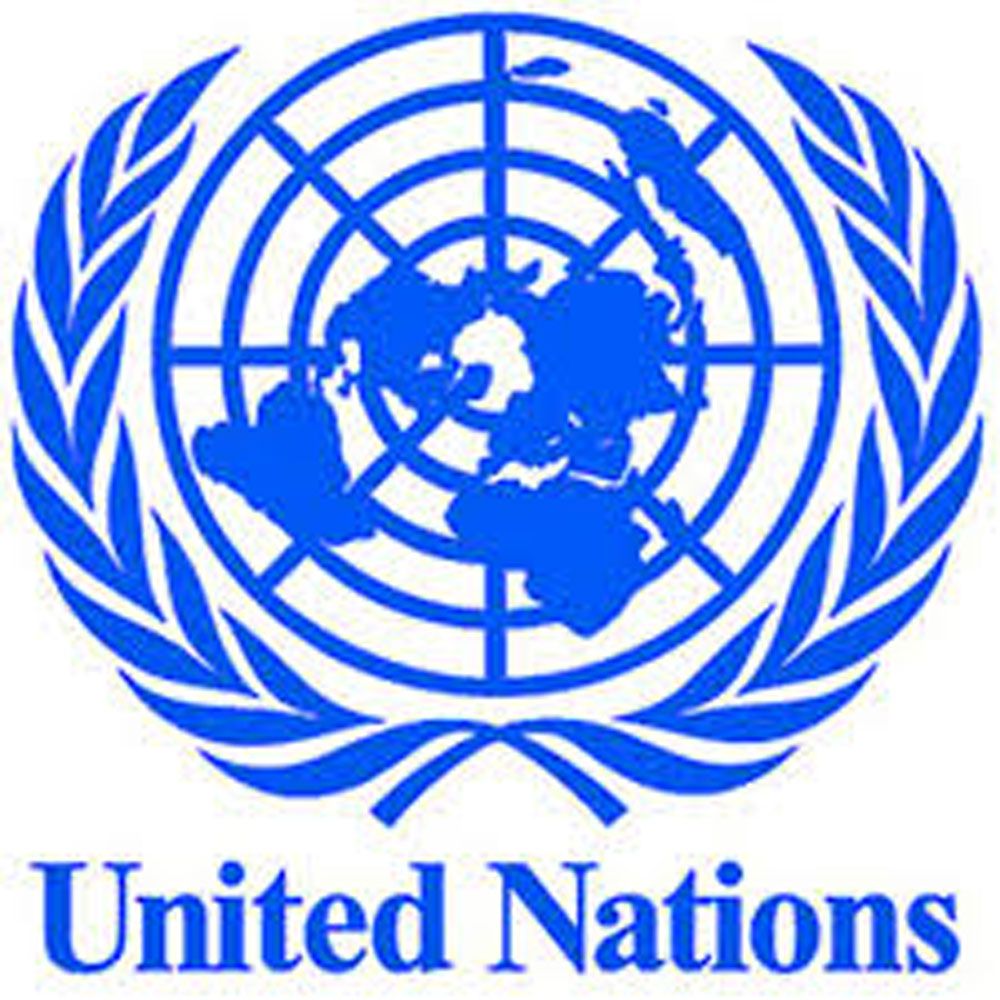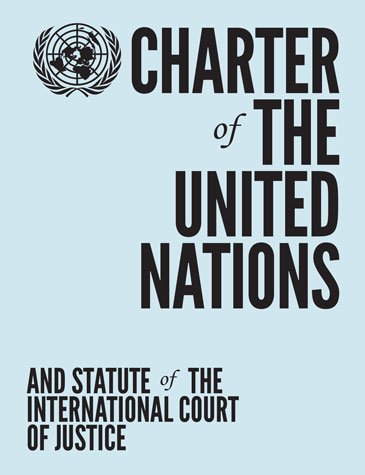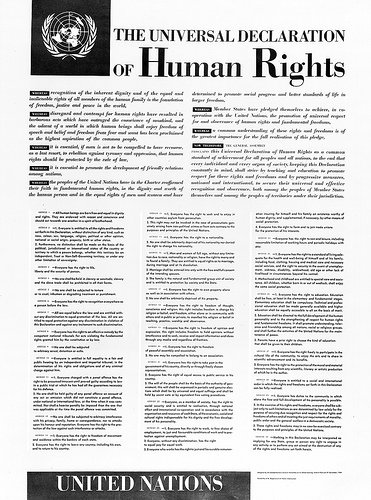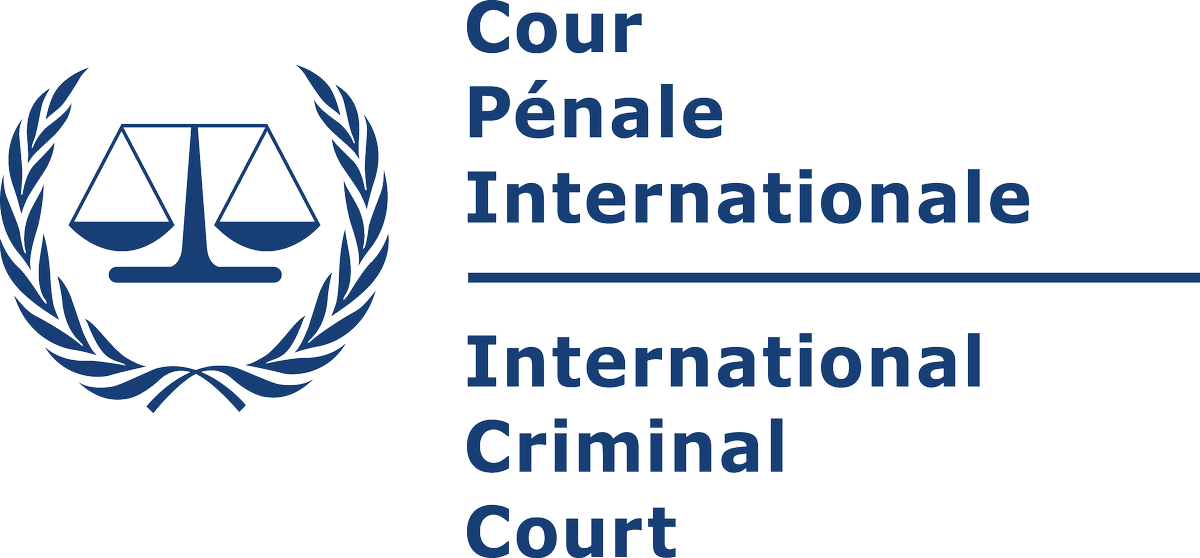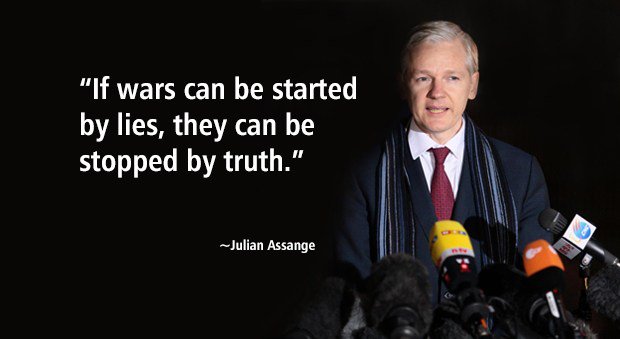"It's very important to recognize that once behavior collection is what the network really does, then what it attempts to maximize is behavior. This lies beneath the increasingly important intellectual discipline known as persuasive design"
"The stream of what comes to you [on the net] drowns the inner dialogue, removes interiority, changes your understanding of time. 'Too long didn't read'. How long is too long?"
"We couldn't have foreseen that the people who came after us would be crippled in acquiring that ability [to read] by that incessant disturbance by the machine seeking attention."
"I started using computers when I was 12 in 1971. And the gravitational consequence of having grown up computing without disturbance leaves me hyper-sensitive to efforts to control my thinking from yet another message..."
"People carrying an infant in a front carrier. The adult is looking here [phone], and the infant is looking at the adult looking at the phone. That's the birth of a new cultural system in the human race, spreading faster than Christianity or Islam..."
"...you may notice there are also some consequences for politics. That is to say we are experiencing a decline public rationality...We are experiencing an attack upon our own ability to deliberate."
"What is decaying is that private, internal space in which truth is sorted out, and the human being decides for herself what is the purpose of the world, what is the meaning of my existent here, how should I live."
"Political dialogue became about striking poses, acting, much less about considering let alone re-considering. Taking something into an internal place of your own and thinking about it over time...You still achieve that against the enormous pressure of the devices"
"Here is our problem: the attention span of the human race collectively is shortening. The previous autonomy of internal mind that we gained barely half a thousand years ago, and which we used to make democracy [and] freedom is threatened by our own habits"
"We built this [the web] to liberate human kind. We can't just take it part and destroy it because we have allowed it to twist in our hands and bite us back. We have to fix it. We have a fairly short period of time."
"The clock now runs against us as it runs against us on the planet. Two great environmental disasters, each requiring our fullest concentration and our broadest social mobilization..."
"We need to change the political economy of services...We need to make it possible to federate all services in the net...When services are federated, they are no longer paid for by exclusive access to the internal lives of human beings"
"When we are delivering [services] to one another cooperatively, we are turning the net back in the direction that we originally wanted, the one in which it acts to liberate us through individual effort to teach and learn."
"The federation of all services is not an inconceivable idea. Most of the services we have are meant to be federated. The net was designed for it. We are undoing problems rather than making terribly complicated inventions."
"We need to understand the businesses we have called telecoms and social media are behavior collection businesses. We need to regulate them not as telecoms or as platforms but as behavior collectors..."
"We need to appreciate that the goal of the network is not the constant subsidiary mental activity of human beings. The goal of the network is not push, it's pull...What we really wanted was for human beings to initiate requests for what they want."
"It is not clear what the objective of social regulation of the net ought to be unless it is the improvement of human intellectual life--the broadening to be sure, the maximizing of access. But quality is important too."
"It should be the clear goal of social policy to help us make the net quieter. Our politics depends upon it...The health of our democracies depends upon it."
"'tl;dr' is the crisis of the human mind in five characters."




